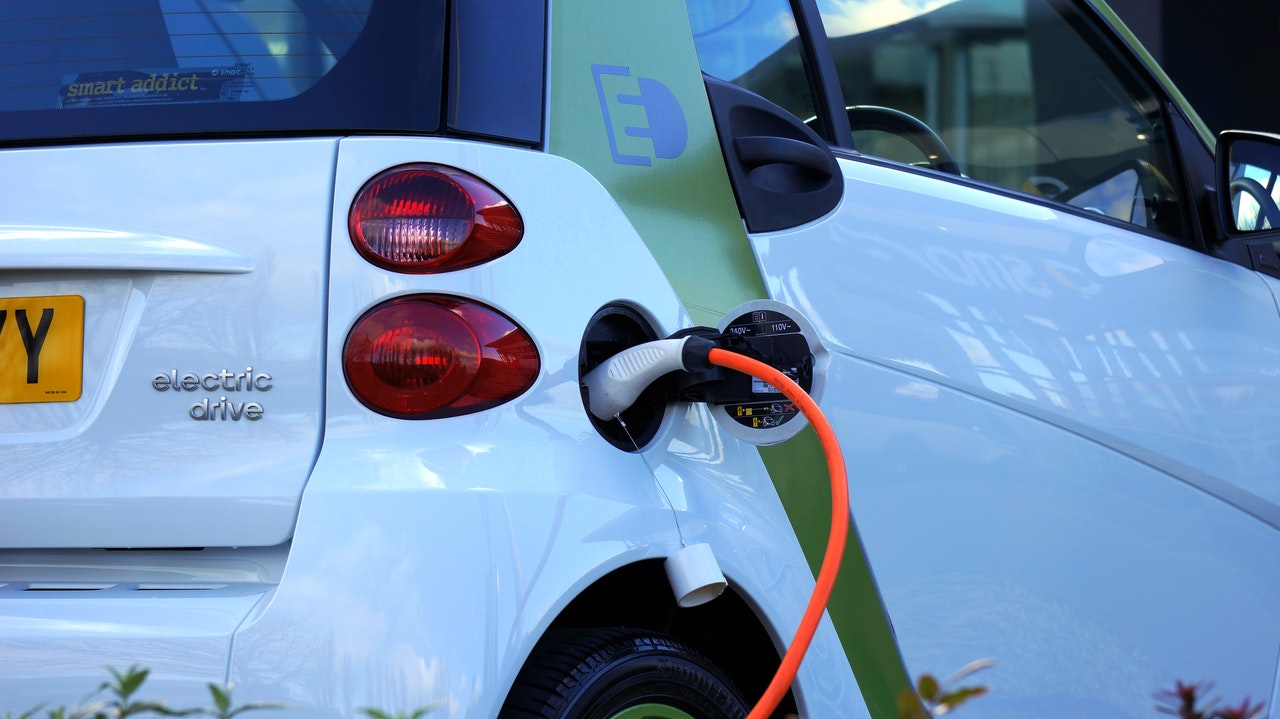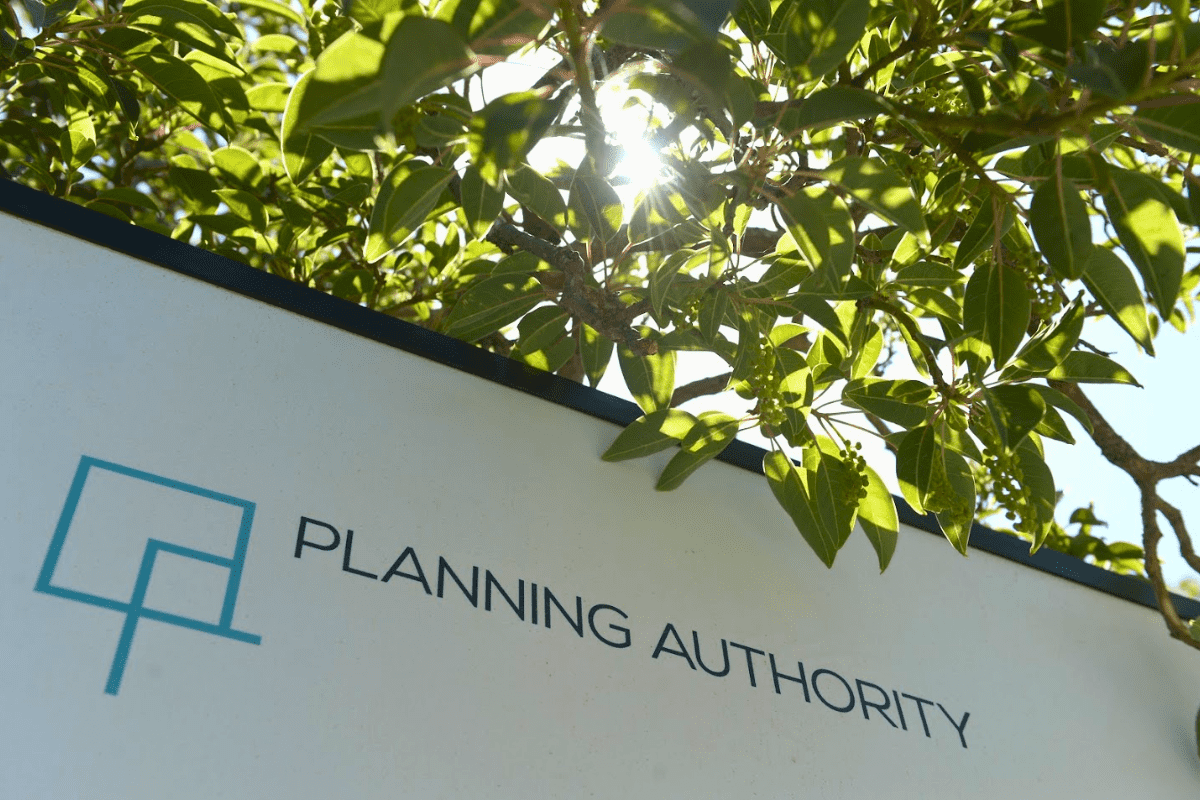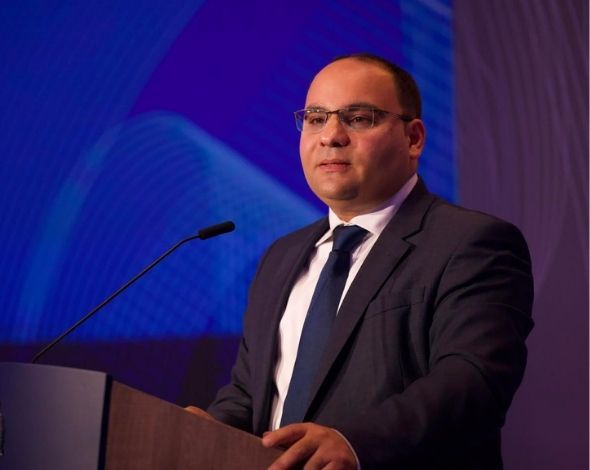Miriam Dalli, Minister for the Environment, Energy and Regeneration of the Grand Harbour, noted that Malta and Gozo currently have 372 charging points, which are collectively used around 600 times daily, amounting to a daily energy consumption of approximately 10,000 kWh.
This was her reply to a parliamentary question raised by member of parliament Rosianne Cutajar on 4th November (yesterday).
Ms Cutajar highlighted that many electric vehicle (EV) charging stations are often out of service, leading to frustration among EV owners who waste time moving from one station to another in search of a functioning charger. She asked if the minister could ensure that necessary measures are implemented to encourage companies to invest more in the maintenance and efficiency of charging points.
Dr Dalli responded by emphasising that the malfunctions are minimal, and the company responsible for the charging pillars is obligated to carry out regular maintenance to ensure they remain operational and efficient.
Furthermore, Dr Dalli announced that in the coming months, work will commence on an infrastructural project aimed at significantly increasing the number of charging points, resulting in a total of 1,572 across Malta and Gozo.
The number of charging bays has remained level for some time now. In 2023, it stood at 372, while in May 2022 it stood at 362.
The public charging infrastructure for EVs has been identified by stakeholders as one of the key barriers to their widespread adoption.
In response to another question from Ms Cutajar, Dr Dalli mentioned that public tenders for additional charging pillars are ongoing, paving the way for new operators to join the market alongside the existing contractor.
She also highlighted the development of a national platform, which will soon enable EV owners to use charging points from different operators seamlessly through a unified system.
For Q3 of 2024, data from the National Statistics Office (NSO) revealed that petrol-powered engines made up 58.4 per cent of the total, followed by diesel engines at 35.3 per cent, and electric and plug-in hybrid engines at just 3.6 per cent. This underscores the fact that electric and plug-in hybrid vehicles remain a minority, despite various Government incentives.
Consumers who spoke to this newsroom earlier this year indicated that importers are reporting an “extremely” limited stock of electric cars.
The 2025 budget, presented by Finance Minister Clyde Caruana, introduced a revised incentive scheme aimed at boosting the adoption of electric vehicles. While grants of up to €8,000 for new electric cars and €2,000 for electric motorcycles were announced, these figures are lower than the previous grant of €11,000.
However, for new electric cars ordered by 28 October 2024 but registered in 2025, the government has pledged to honour the higher 2024 grant rate of €11,000. This measure is intended to provide financial assurance to buyers experiencing delays.
Electric vehicles have a dual impact on government finances: they increase expenditure through grants provided to new buyers while simultaneously reducing key revenue streams. EVs benefit from exemptions on car registration tax and annual road licence fees, and they indirectly reduce government income by decreasing the demand for heavily taxed oil-based fuels.
Wolt Market unveils refreshed identity in Malta
Expanded partnerships with Maltese producers, upgraded fresh food categories, all in vibrant green – Wolt Market marks a new milestone
Irrestawra Darek grants for Reġjun Nofsinhar oversubscribed within days
Demand for the scheme surged immediately upon opening
Clyde Caruana pledges energy subsidies to remain amid Iran war oil price volatility
Finance Minister says it is too early to assess the additional cost arising from developments in the Middle East






